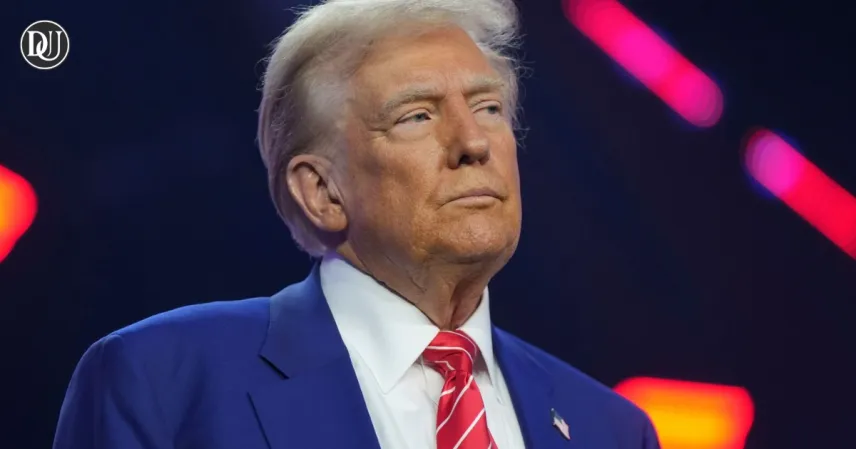The 2025 inauguration of President Donald Trump didn’t just mark the start of a new chapter in American politics – it also set a record for political fundraising. The inauguration committee raised a jaw-dropping $239 million, nearly doubling the amount raised in 2017. But who were the major contributors, and what did they expect in return? Let's dive into how corporate America opened its checkbooks, and why some are questioning whether it was all worth it.
Big Money, Big Names
Among the biggest donors were Pilgrim’s Pride Corp. with a $5 million contribution, followed closely by Ripple Labs at nearly $4.9 million. Other tech giants like Amazon, Meta, and Apple each contributed $1 million to the fund. These companies weren’t just sending their best wishes; they were betting on the political access they could buy. With such large sums involved, it’s clear they were expecting more than just a seat at the table – they wanted their influence to be felt.
The Promise of Access
For these corporate donors, the inauguration wasn’t just a celebration – it was an investment. By giving large sums of money, they gained close access to those in power, and some even enjoyed prime seating at the swearing-in ceremony. But did this financial backing translate into tangible policy wins? Many of these corporations were hoping to see benefits such as favorable regulations, tax breaks, or a smoother ride through the government’s complex bureaucracy. Unfortunately, the promised policy benefits have been slow to materialize, leaving some of these powerful donors wondering if they got what they paid for.
Unmet Expectations
While many companies hoped their significant donations would lead to positive outcomes, the reality has been more complicated. Big tech has faced increased scrutiny with rising tariffs, antitrust issues, and ongoing challenges that have put pressure on their operations. For these businesses, the connection between their donations and any political advantage remains unclear, raising questions about the true impact of corporate giving in today’s political landscape.
Transparency and Accountability Needed
The 2025 inauguration has highlighted the growing trend of corporate influence in American politics, and it raises important questions about the ethics behind such large-scale donations. As we reflect on these record-breaking contributions, it’s crucial to ensure that political fundraising is transparent and accountable. After all, when money talks in politics, we need to ask: who really benefits, and at what cost to the public?










